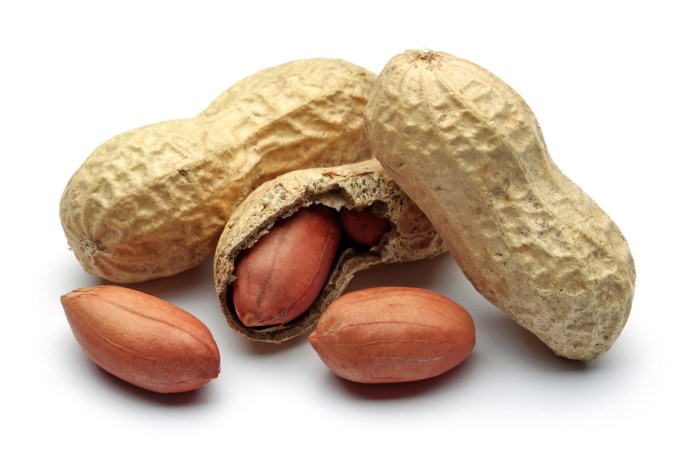Getting through the work day while attempting to hide a digestive issue like bloating or diarrhea can get in the way of getting anything done — and be embarrassing. We asked Manhattan Gastroenterology’s Kathlynn Caguiat for the most common complaints among her patients. While everyone’s body is different and it’s best to schedule an appointment with a gastroenterologist to get a spot-on diagnosis and personalized treatment plan, there are solutions that she finds will work for most people. Here’s what she told us: Related: Detoxing: Healthy necessity or nonsense? Tummy rumblings Of course these are also foods that are nutritious to eat, so the solution isn’t avoiding them altogether. “I always tell my patients, if you aren’t used to eating a lot of fiber in your diet, start slowly and work your way up to let your gut get used to it,” she says. If your stomach is still talking to you, try cutting down on these habits, which Dr. Caguiat also says can contribute to the rumblings: chewing gum, eating too fast or sucking on straws while drinking. Related: Wait, drinking mushrooms is thing? Bloating and constipation The best way to pinpoint what exactly is causing your bloating is to meet with a gastroenterologist, who can test for certain allergies. Also, experiment with your diet by cutting out certain foods you think might be to blame. If the bloating becomes so bad that you are unable to pass any gas, have bowel movement for days, or you start vomiting, Dr. Caguiat says it is important to see a doctor right away, as there could be a bowel obstruction that requires immediate attention. Related: Whole Foods is changing where to put its stores Diarrhea “Some people don’t realize that there is even dairy in bread and yogurt, and they can be sensitive to that as well,” she says.
To give your tummy a rest, she suggests the BRAT diet (bananas, rice, applesauce, tea and toast) to bulk up stool. Then, slowly introduce other foods back into your diet.
Related: The case for eating two breakfasts a day Hemorrhoids But Dr. Caguiat says it’s nothing to be embarrassed about and doctors can provide relief — so go in and get checked out. “Keeping the bowel movements regular so you don’t have to strain is key,” she says. To help, she typically gives patients a mild laxative to advises them to eat more fiber. “Doing sitz baths with Epsom salt helps too,” she says. Digestive problems, in all their varied and annoying forms, are extremely common. The most important thing is to not be embarrassed about what you’re experiencing and talk to your doctor so you can figure out exactly what is going on inside your body, and what small changes you can make to feel better. Follow Emily on Twitter: @EmLaurence
Sitting in a work meeting and feeling self-conscious about a growling stomach is a complaint Dr. Caguiat hears a lot, but she says tweaking your eating habits can quiet things down. “Cruciferous vegetables like broccoli, legumes, cauliflower and Brussels sprouts cause more gas, so you hear a lot more swishing in the belly,” she says.
Feeling like you have a belly full of gas can be uncomfortable, and even painful. It’s not a shocker that what you eat is likely to blame for this as well. “Some people are allergic to fructose, which is in foods like apples and pears. Other people have problems digesting lactose, which is in dairy,” Dr. Caguiat says. “If you are intolerant, the body doesn’t absorb and digest [the food],” she says. And that can cause bloating.
So what if you have the opposite problem and frequently experience diarrhea? Having an intolerance, and therefore not being able to digest what you’re eating properly, can have this affect as well. “Lactose intolerance is one of the biggest conditions I see for bloating and diarrhea, and many people don’t realize they are lactose intolerance,” Dr. Caguiat tells us. Just as with the bloating and constipation cures, she suggests getting tested by a gastroenterologist, and experimenting with cutting out dairy.
You might be surprised to learn that everyone has hemorrhoids — a swollen vein or group of veins in the anus — which work to cushion stool. However, they become problematic and very painful if they are strained, and you are unable to have a bowel movement. “They can become inflamed because you are straining so much and the stools are hard,” Dr. Caguiat says. “They can even bleed and burst, causing a clot inside. It’s exquisitely painful and people are embarrassed to tell their doctor because they don’t think it’s a normal thing.”
All your digestion problems — solved

iStock
























